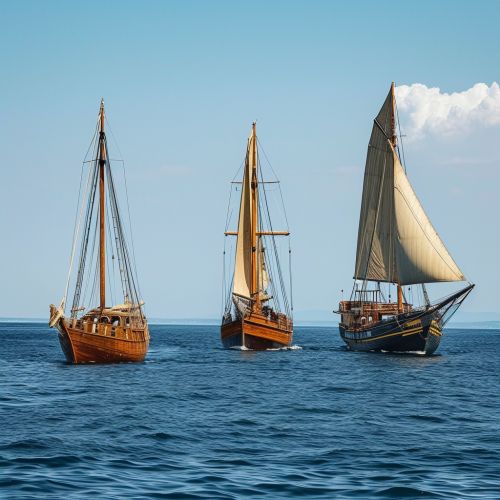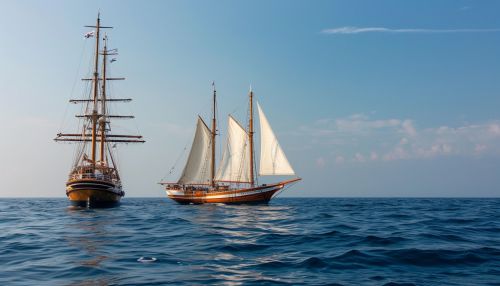Chris Columbus
Early Life
Christopher Columbus was born in the Republic of Genoa, in what is now Italy, in 1451. His father was a middle-class wool merchant who expected his son to follow in his footsteps. However, Columbus had other plans. He was fascinated by the sea and by the stories of sailors who had ventured into the unknown. He was particularly intrigued by the idea of reaching the East Indies by sailing west, a concept that was considered impossible at the time.
Maritime Career
Columbus began his maritime career at a young age, working on merchant ships that sailed throughout the Mediterranean Sea. He later joined expeditions to the Aegean Sea and Northern Africa. His experiences on these voyages deepened his knowledge of navigation and his belief in the possibility of reaching the East Indies by sailing west.
The Plan to Reach the East Indies
In the late 1480s, Columbus began to develop a plan to reach the East Indies by sailing west. He believed that the Earth was much smaller than what was generally accepted by the geographers of the time, and that the East Indies were therefore much closer to Europe than they thought. He proposed his plan to the monarchs of several European countries, but it was only in Spain that he found a receptive audience. In 1492, King Ferdinand and Queen Isabella agreed to sponsor his expedition.
The First Voyage
On August 3, 1492, Columbus set sail from Palos, Spain, with three ships: the Santa Maria, the Pinta, and the Niña. After a long and difficult voyage, on October 12, he landed on an island in the Bahamas, which he named San Salvador. He believed he had reached the East Indies, but he was actually in the Caribbean. Despite this, his voyage was considered a success, and he was hailed as a hero when he returned to Spain in 1493.


Later Voyages
Columbus made three more voyages to the New World. On his second voyage, he explored the Caribbean and discovered the island of Puerto Rico. On his third voyage, he reached the coast of South America. His fourth and final voyage was fraught with difficulties, including shipwreck and mutiny, but he managed to explore parts of Central America before returning to Spain in 1504.
Legacy
Columbus's voyages marked the beginning of sustained European contact with the Americas, which led to a period of exploration, conquest, and colonization that lasted for several centuries. His voyages also brought about the widespread exchange of plants, animals, cultures, ideas, and diseases between the Eastern and Western hemispheres, in what is known as the Columbian Exchange.
While Columbus is often celebrated for his voyages, his legacy is also controversial. His treatment of the indigenous people he encountered, including enslavement and violence, has led to criticism and a reassessment of his role in history.
